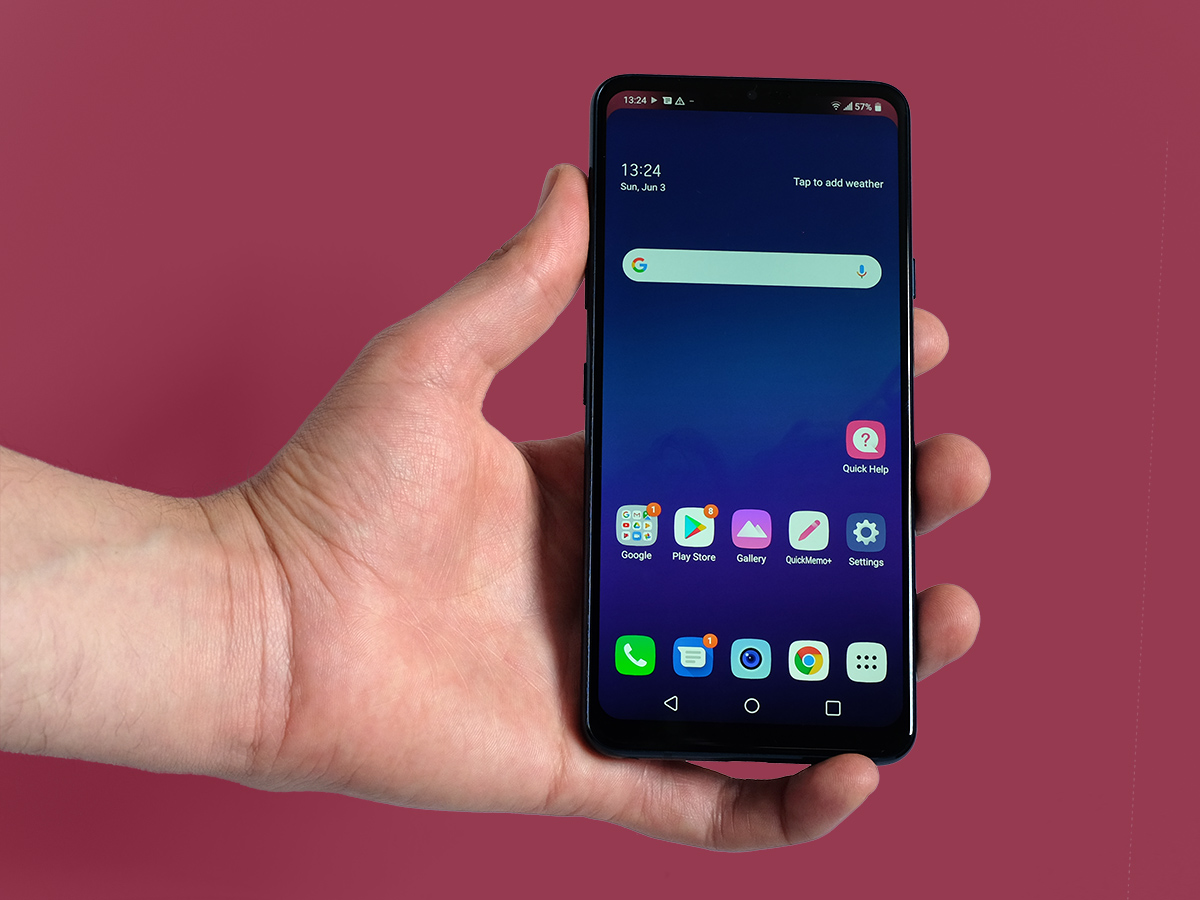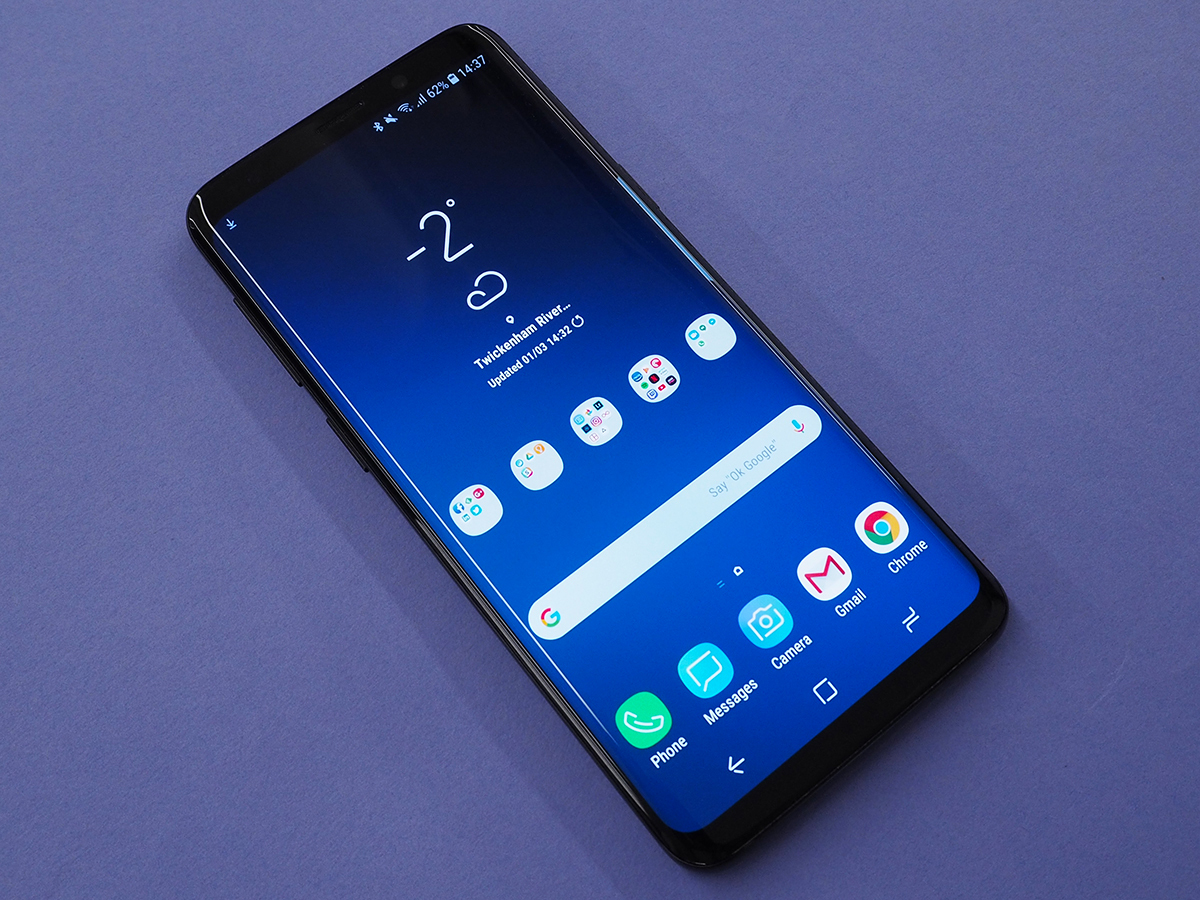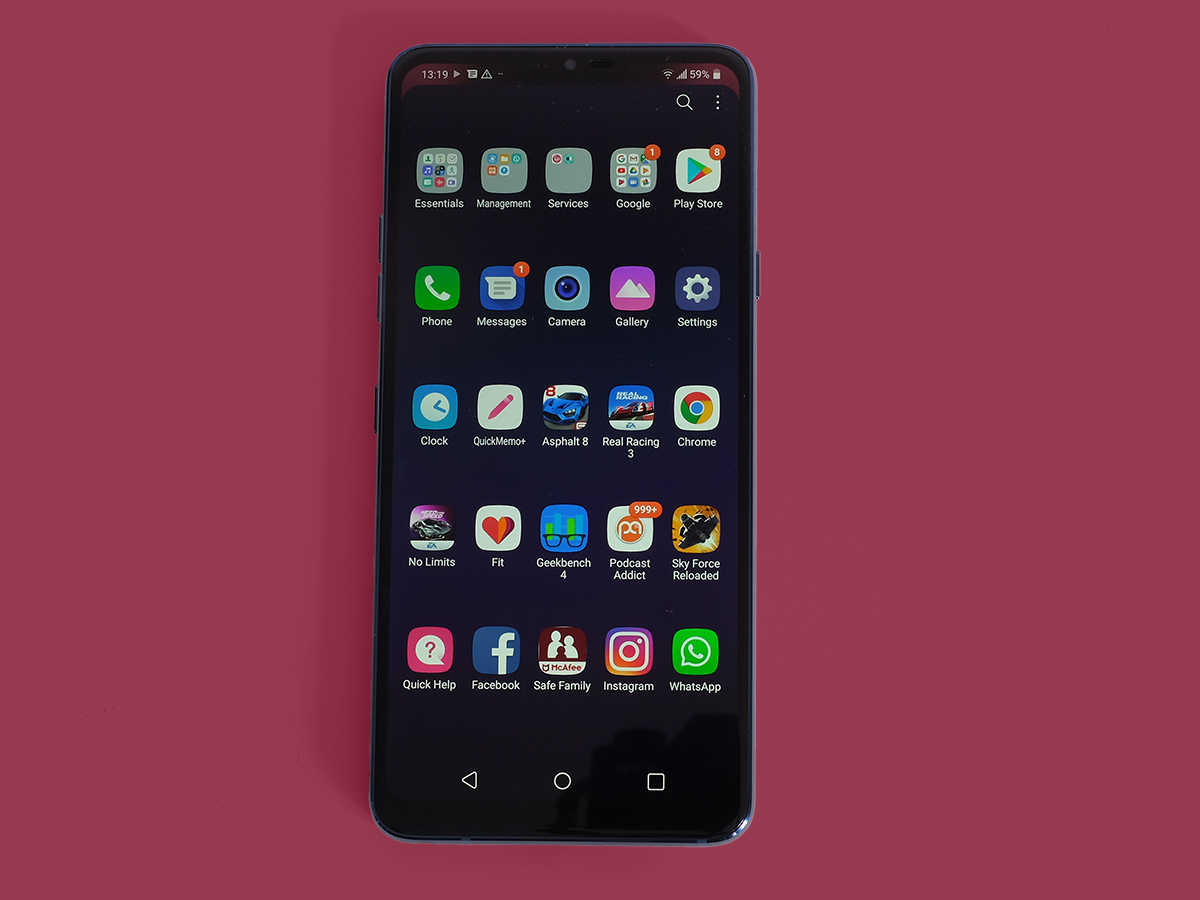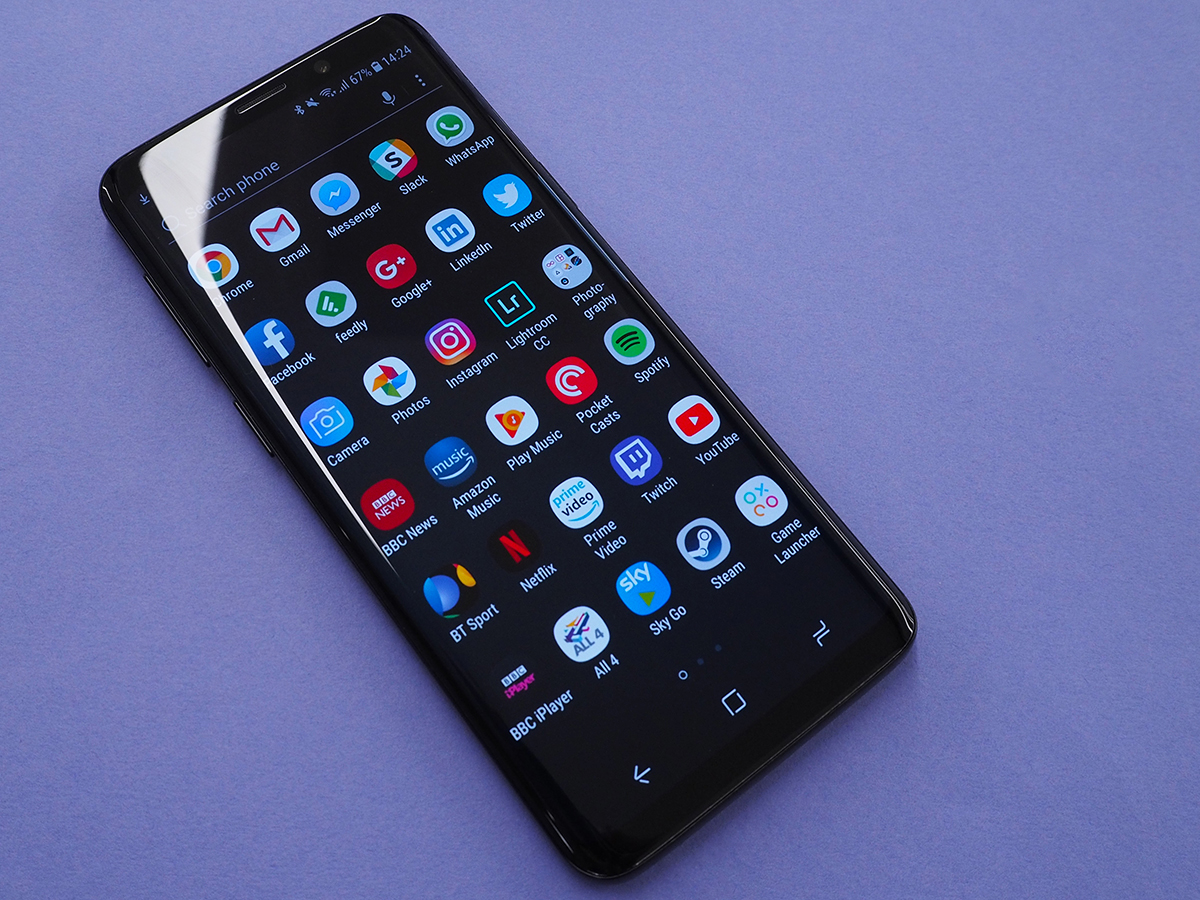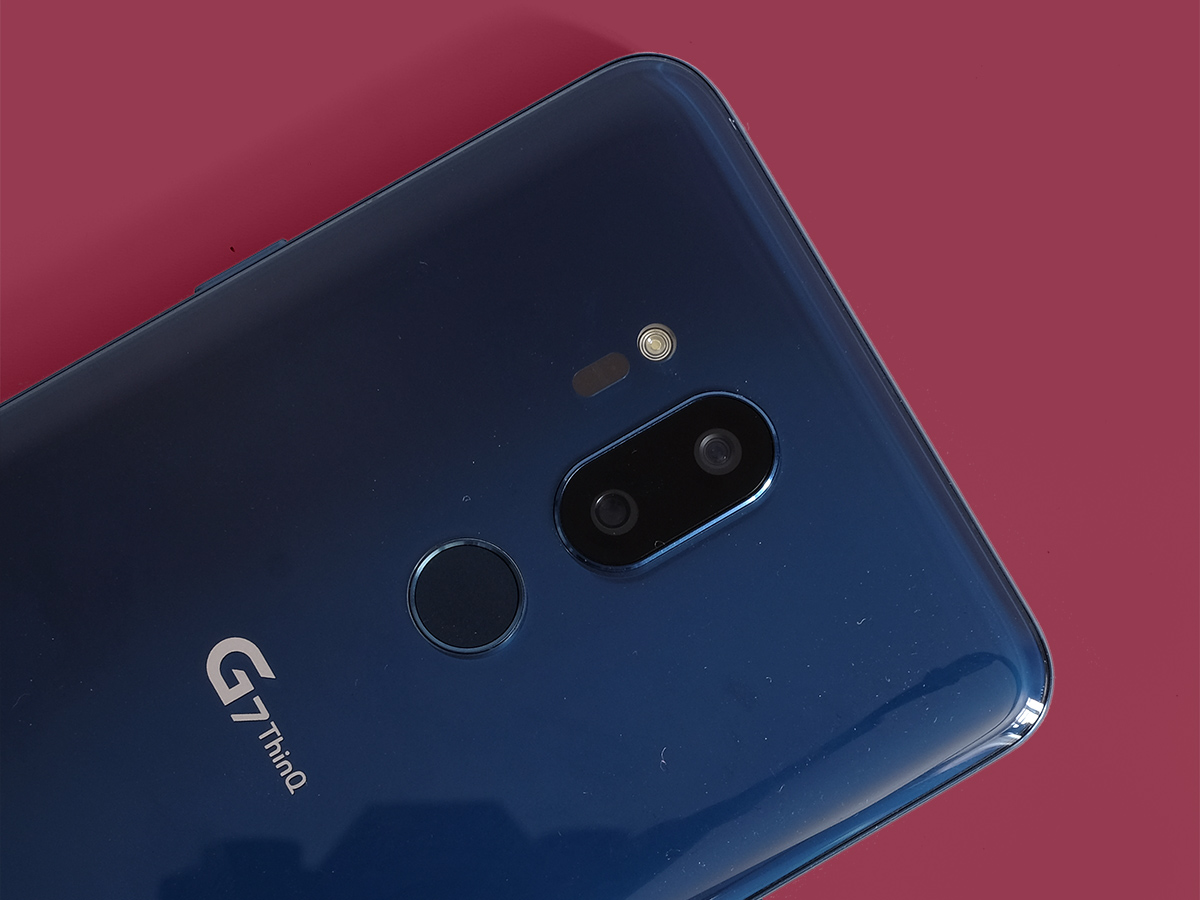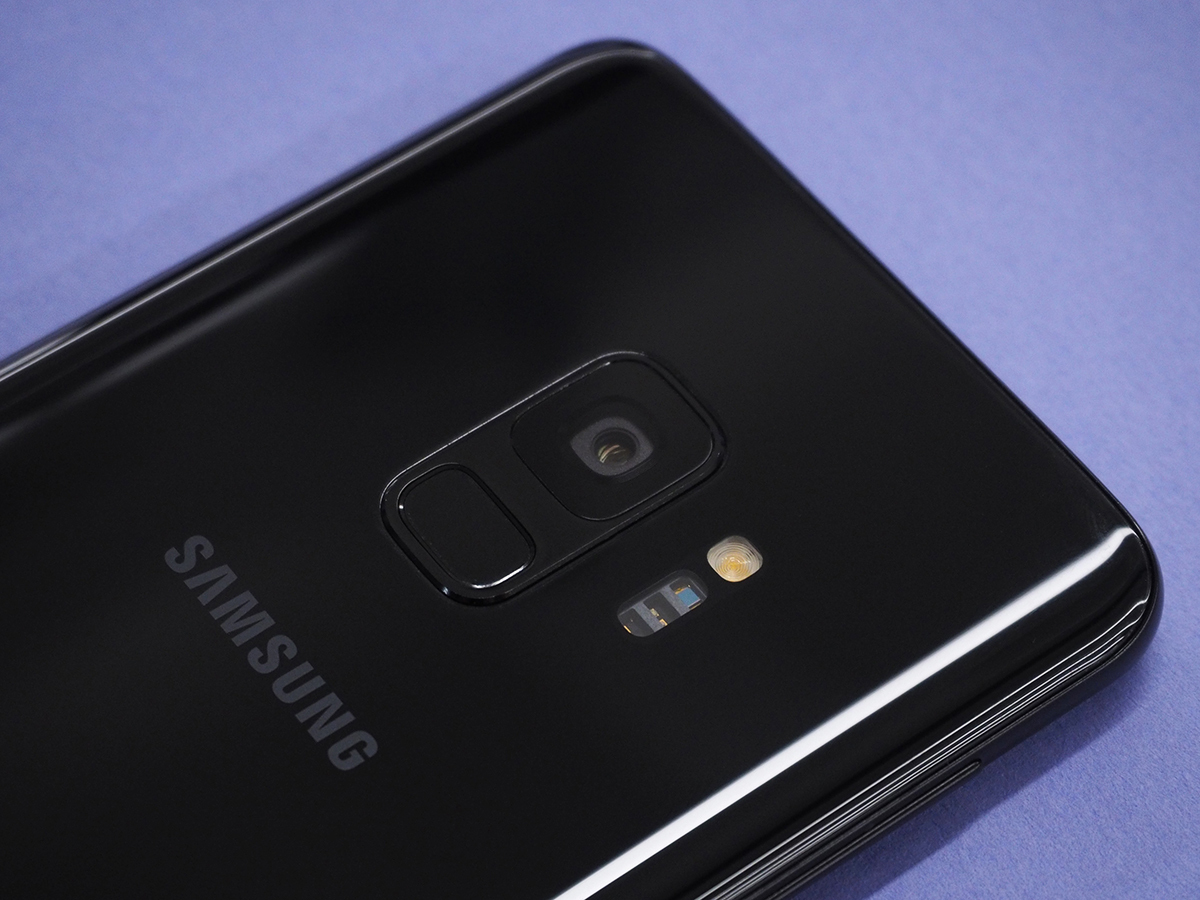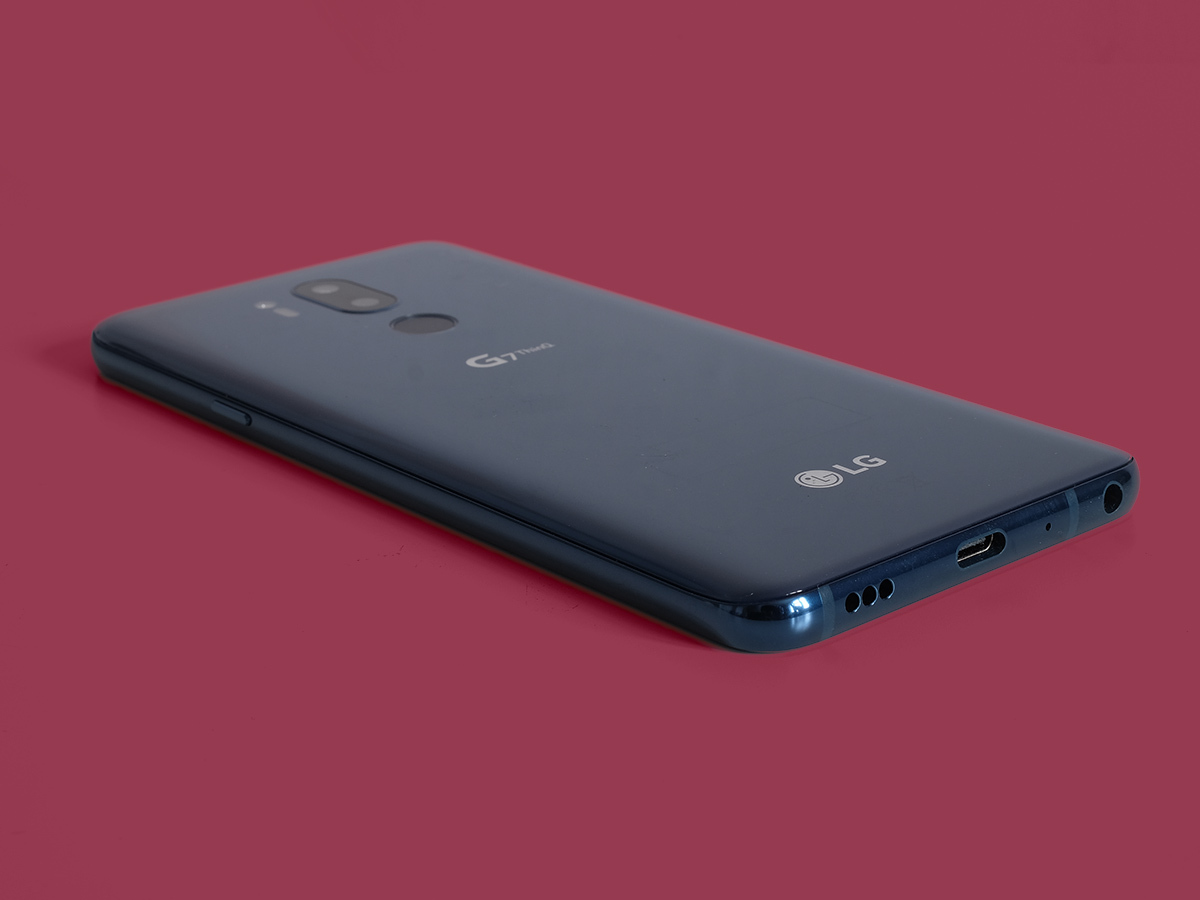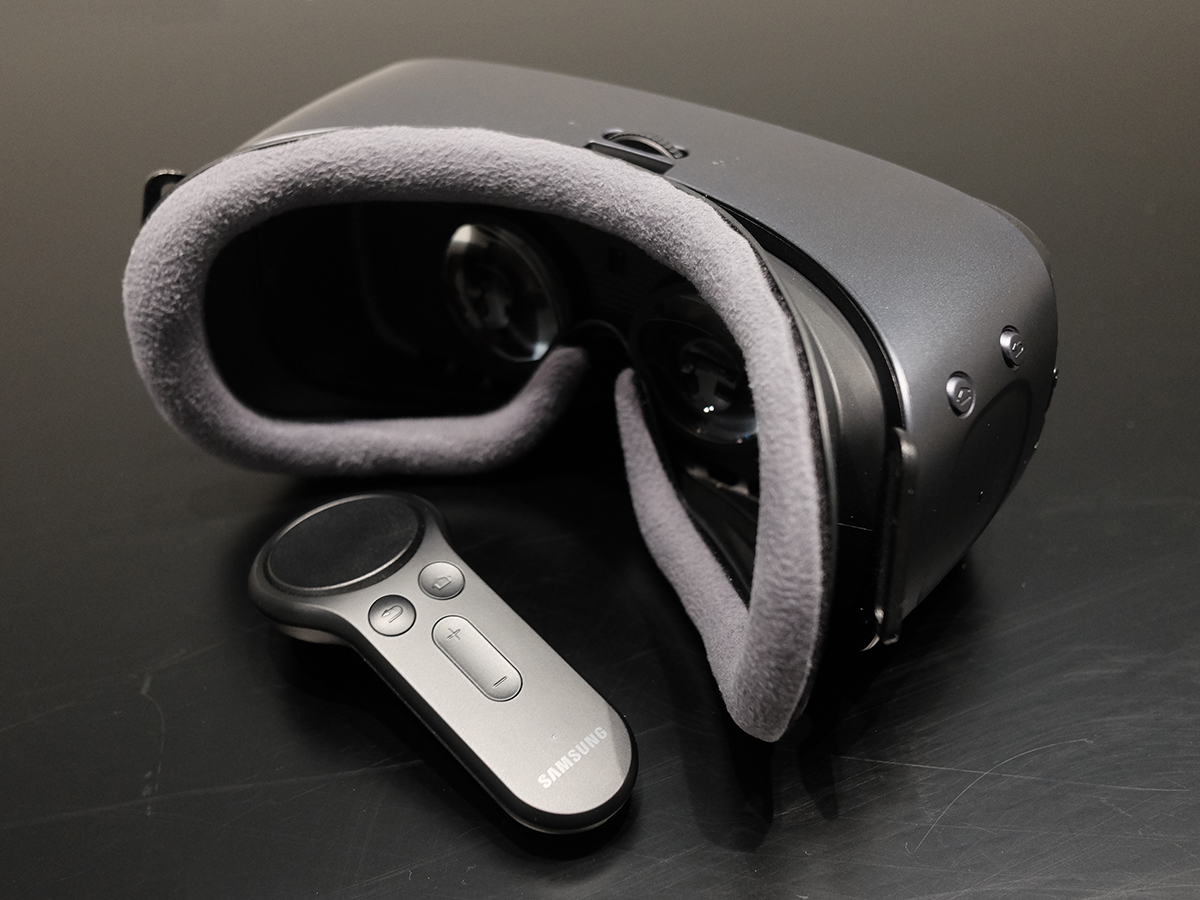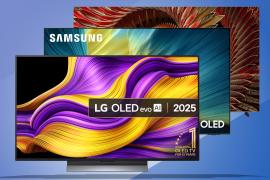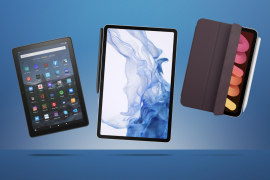LG G7 ThinQ vs Samsung Galaxy S9: Which is best?
This familiar showdown takes on a new form in 2018
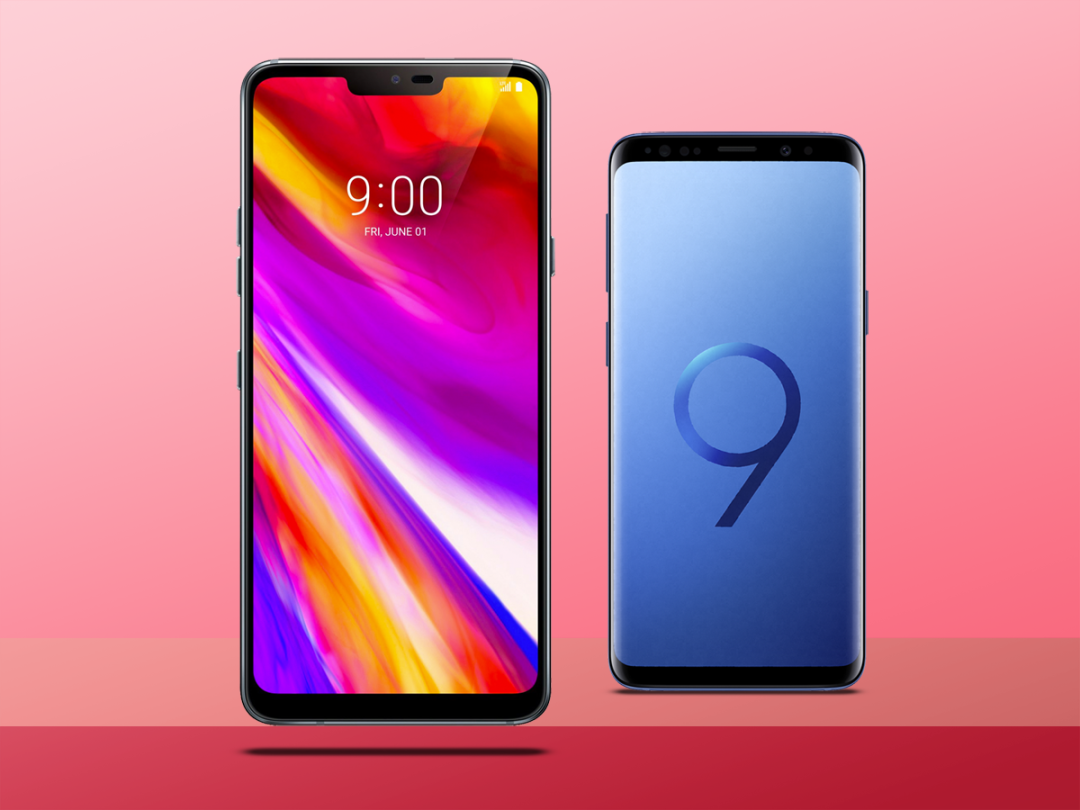
Our usual springtime smartphone showdown between Samsung and LG came a bit later than usual: The Galaxy S9 debuted back in February, but the LG G7 had been M.I.A. for months after.
Well, let the battle begin: LG just released the curiously-named LG G7 ThinQ, and with the later-than-usual launch, they’re trying a few new things to help their premier flagship try to take over the smartphone chart for the first time in years.
We already know that the Samsung Galaxy S9 is a stunner, since it sits in the Top 5 on our list as of this writing, but the G7 ThinQ seems like a plenty compelling alternative. Here’s how this showdown shakes out now that both phones have been extensively reviewed.
Design: Sleek beasts
The LG G7 ThinQ has a familiar face: it adopts the same kind of notched design popularized by the Apple iPhone X, then seen on the Huawei P20 and Asus ZenFone 5 and also the OnePlus 6. It’s going to be everywhere soon.
Unfortunately, that doesn’t give the G7 ThinQ the most distinctive allure, although a full-face screen is a plenty appealing approach if you can deal with the notch, and the chin at the bottom is smaller than on last year’s LG G6. The glass backing is a bit plain in our view, though; it’s lacking the kind of visual pop seen on the back of the Twilight edition Huawei P20 Pro.
On the other hand, the Galaxy S9 is still a pretty sleek and distinctive-looking handset… except that it’s identical to the Galaxy S8. Samsung didn’t do much this time around aside from moving the awkwardly-placed fingerprint sensor to a better spot, but we’re still pretty pleased with the curved glass and slim build. Side-by-side, the Galaxy S9 still has a unique identity that LG is lacking here.
Verdict: Samsung Galaxy S9
Screen: Notch… or not?
More and more flagship phones are going the way of punchy OLED screens, but not the LG G7 ThinQ: despite the V30‘s OLED display a few months back, LG sticks with LCD here.
Luckily, it’s a pretty great LCD. It’s a 6.1in QHD+ display, extra-tall and with the notch of course, and it looks quite nice once you tweak the colours a bit. A Super Bright mode can also kick the brightness up to 1,000 nits as needed, which is handy in direct sunlight and other odd lighting scenarios. And you can "hide" the notch via a software setting, if you please, with a few different options for filling the sides around the cutout with black or colour.
On the other hand, the Galaxy S9 houses the current best smartphone screen on the market: a 5.8in QHD+ Super AMOLED display that is wonderfully bright, crisp, and vibrant. It looks phenomenal. LG’s screen is very good, but Samsung’s is still the champ.
Verdict: Samsung Galaxy S9
Also Read › LG G7 ThinQ review
Camera: More is more?
The standard Galaxy S9 sticks with a single 12-megapixel back camera, and it’s excellent. Samsung’s big trick this time around is a variable aperture that swaps between the default f/1.5 setting and f/2.4, allowing for extra detail when you have plenty of light to work with.
Honestly, it doesn’t make a huge difference in the daytime, but low-light shots do see some nice upgrades. And overall, this is a really great camera, taking crisp photos with loads of detail and well-judged exposure.
Like a lot of flagship makers these days, however, LG has added another back camera: it has two 16MP shooters, one standard (f/1.6) and the other wide-angle (f/1.9). More isn’t necessarily better, but it’s definitely more: dual-camera tricks are appreciated, and the wide-angle camera can certainly capture more in the frame.
We had mostly great results with the G7 ThinQ, with one notable exception: on sunny days, it can’t help but blow out highlights, leaving big chunks of white in clouds due to overexposure. It does well in nighttime shooting and performs admirably outside of bright sunlight. But the Galaxy S9 is a much better all-around performer.
Verdict: Samsung Galaxy S9
Performance: Serious speed
They’re pretty close in this department: both of these Android phones use top-of-the-line processors, and can capably handle any type of content or request thrown their way.
On the Samsung side, you’ll find an Exynos 9810 CPU in the UK and elsewhere, or a Qualcomm Snapdragon 845 CPU in some territories. LG uses the Snapdragon 845 everywhere. Both of these phones have 4GB RAM to help move things along, although a 6GB version of the G7 ThinQ is also available.
The Exynos chip shows improvements on benchmark tests, providing a bit more processing power for developers to play with, but the Snapdragon isn’t far behind. And in day-to-day use, both of these Android Oreo-packing phones are blazingly fast.
Verdict: Draw
Battery and perks: Odds and ends
Both phones feature a 3,000mAh battery pack, and both offer wireless charging. The Galaxy S9 lasts a strong day with solid usage, and the LG G7 ThinQ does much the same. Neither is built for much more than a day, however.
Both also offer 64GB of internal storage in the base model, with expandability via microSD. Nice one. Samsung also just released 128GB and 256GB models of the S9, while LG offers a G7 ThinQ with 128GB storage and 6GB RAM (but not in the United States).
Otherwise, the perks vary significantly based on which handset you opt for. The Galaxy S9 offers the fun Gear VR headset, as well as a PC-like desktop mode via the DeX Pad and an external monitor.
The LG G7 ThinQ, on the other hand, puts a big premium on audio: the Boombox speaker setup resonates sound through whatever surface it’s laying on, and the results are pretty impressive – and loud, too. The Galaxy S9’s speaker is better than the G7 ThinQ’s on its own in your hand, with improved bass and tone, but the Boombox mode is pretty neat.
Both phones have a dedicated button on the side for virtual assistant access, with the Galaxy S9 going for Samsung’s underwhelming Bixby and the G7 opting for the Google Assistant. Not only that, but this version of the Google Assistant has extra, exclusive abilities and will hear you from a distance thanks to far-field microphones. If you’re a big fan of talking to your phone, then the G7 ThinQ has some nice advantages.
Thankfully, both of these phones preserve the 3.5mm headphone port. Phew. There are ups and downs here, but ultimately they’re pretty close in this category – unless you’re absolutely wild about Gear VR or the DeX Pad.
Verdict: Draw
Verdict: The S9 is better
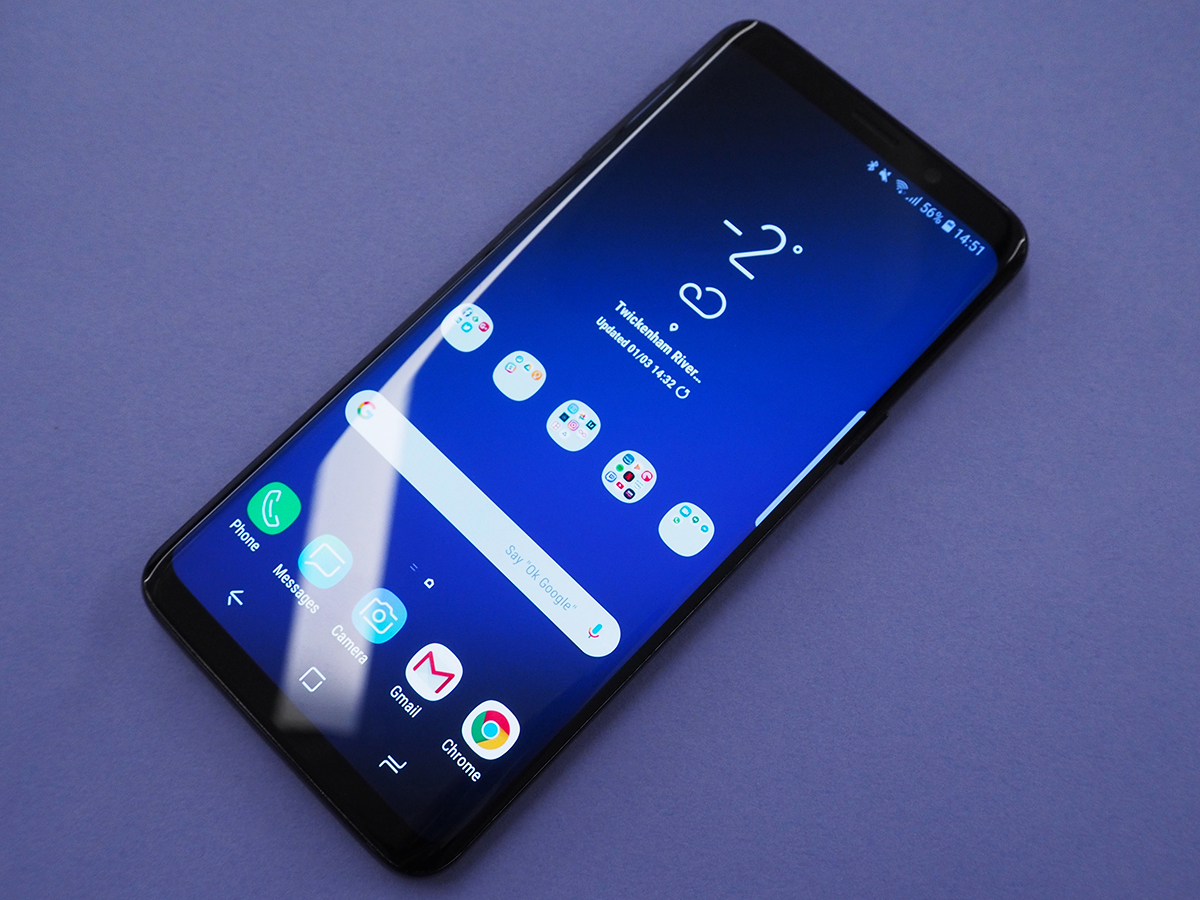
In some ways, these Android flagship phones are alike: they’re sleek, powerful, have beautiful screens, and are both pretty expensive.
But the differences are key: LG went for the notched screen, a dual-camera approach, audio perks, and a focus on A.I. assists. And the Galaxy S9’s curved Super AMOLED screen, adjustable aperture, and Gear VR support are all perks in Samsung’s direction.
All told, we think the Galaxy S9 comes out as the much better overall phone, with a more distinctive design, the best screen on the market today, a better camera setup, and those familiar Samsung extras. The G7 ThinQ has unique elements, but none that make it seem like a cut above the top-tier competition.
That said, the £599 G7 ThinQ comes in £140 less than the £739, and that kind of price difference might sway you towards LG. But if price is a big concern, we’d rather push you towards the excellent OnePlus 6 at £469. In this particular comparison, though, the Galaxy S9 comes out handily on top.
Winner: Samsung Galaxy S9
